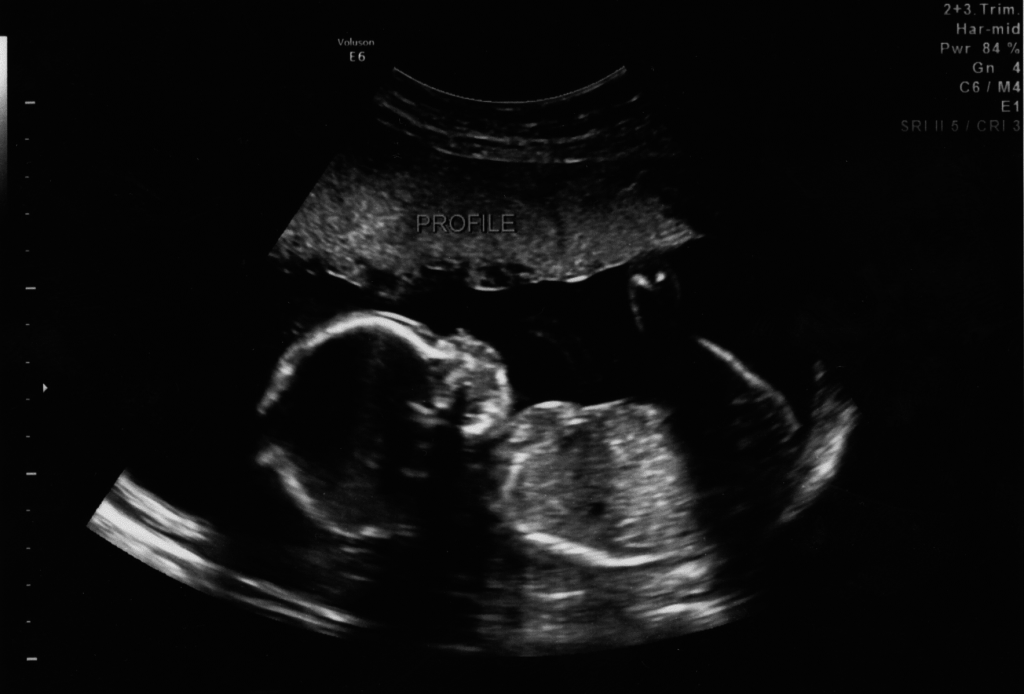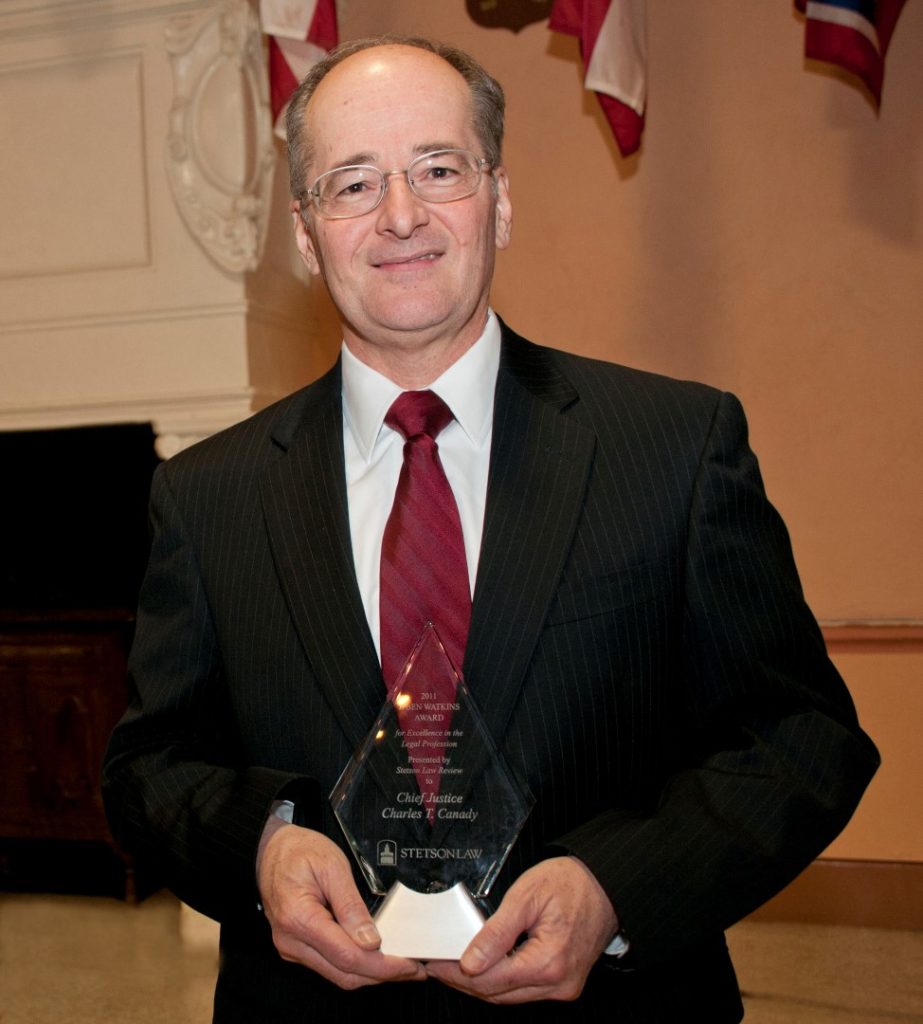J. Pepper Bryars: While hospitals help second trimester babies thrive, courts allow them to be butchered

A premature baby born at just 22-weeks was discharged a few months ago from the University of South Alabama Children’s and Women’s Hospital in Mobile. In a touching video posted on AL.com, little Cullen Porter can be seen wearing a tiny black cap and gown on the way home, having “graduated” in August from the neonatal intensive care unit with “no major issues.” Three months later two other extremely premature babies were successfully discharged from Huntsville Hospital for Women & Children. One was born at just 23 weeks and another at 25, according to hospital spokesperson Jennifer Malone. This is wonderful. Advances in medical science allowed these three babies, and many others born prematurely in the second trimester of pregnancy (roughly 14-27 weeks), to survive, thrive, and enjoy life with the rest of us. Yet stagnation in law allows many other healthy babies in the second trimester to be killed through what’s called a “dismemberment abortion.” They’re too developed for simpler procedures, so they’re torn apart and removed from their mother’s womb in bloody, broken pieces. This is horrific. Thankfully, Alabama Attorney General Steve Marshall just asked the U.S. Supreme Court to hear a case concerning our state’s ban on dismemberment abortion that was ruled unconstitutional by lower federal courts. “Federal courts … are already hearing challenges to dismemberment abortion bans in at least five states, including Alabama,” said Mike Lewis, a spokesman for the attorney general’s office. “There is a high likelihood that if not Alabama, then another state could see its dismemberment abortion law challenge reviewed by the Supreme Court in the near future.” Lewis added that Congress outlawed a similar procedure called partial-birth abortion in 2003 and it was upheld by the Supreme Court a few years later. That bodes well for our ban. As described in Marshall’s petition, the only meaningful difference is that during a partial birth abortion a still-living baby is almost completely delivered before a doctor uses a suction device to “vacuum out the child’s brains.” In a dismemberment abortion, a still-living baby is mutilated entirely within the womb by using “clamps, grasping forceps, tongs, scissors, or similar instruments that … slice, crush, or grasp … a portion of the unborn child’s body to cut or rip it off.” “The fetus,” the petition continues, “dies just as a human adult or child would: It bleeds to death as it is torn limb from limb.” If the Supreme Court upheld the partial birth abortion ban, then it’s reasonable to hope they’ll uphold a dismemberment ban, as well. And such a ruling couldn’t come too soon. State data show the gruesome procedure, called dilation and evacuation within the medical community, was performed on 89 unborn children in Alabama during 2016 alone. That was the same year the Alabama Legislature banned the gruesome technique while providing for a health exception to save the life of the mother. “It was the most bi-partisan prolife legislation that I saw during my eight-years in the legislature,” said Phil Williams, a former state senator who co-sponsored the law and who is now with the Alabama Policy Institute. “One pro-choice state senator told me he supported the bill because dismemberment abortion is such a horrible procedure.” Most people feel the same way. During the last election 59-percent of Alabamians voted in favor of an amendment to the constitution declaring that it’s the state’s policy to recognize the rights of the unborn. And national polls have shown that more than 60-percent favor banning second and third trimester abortions. The Alabama Policy Institute will file a brief in support of the state’s position should the justices decide to hear the case. Other organizations and individuals across the state and nation are sure to do the same. Meanwhile, while our state officials appeal to a higher court, our state’s citizens should appeal to a higher power and pray that Alabama, and our nation, forever ends the scourge of dismemberment abortions. J. Pepper Bryars is a senior fellow at the Alabama Policy Institute. Follow him on Twitter at @jpepperbryars.
Martin Dyckman: Donald Trump pick Charles Canady could bring ‘dog whistles’ to SCOTUS

What sort of Supreme Court justices would Donald Trump appoint? For an insight, consider the case of Kathy Johnson v. Omega Insurance Co., decided by the Florida Supreme Court Sept. 29. One of his prospective nominees was on the wrong side of that. The business model of an insurance company is to take as much of the policyholder’s money as possible and pay back as little as the law allows. To use a currently familiar phrase, its “fiduciary responsibility” is to the stockholders, not the policyholders. It sometimes takes an expensive court case like Johnson’s to put the relationship in a better balance. That’s what the Florida Supreme Court did when it ruled, 6-1, that an insurance company had to pay the legal fees and costs she racked up in proving that a sinkhole was responsible for the major damage to her home in Marion County. It ultimately cost $213,465 to repair. Omega Insurance denied her claim on the basis of an engineering firm’s finding that the damage owed to something other than a sinkhole. Johnson hired lawyers to file suit. They hired another engineering consultant, who opined that yes, it was a sinkhole, and that Omega’s report was badly done. When a third consultant confirmed the sinkhole verdict, Omega gave up and agreed to pay for the damages, but not for Johnson’s yet-to-be-decided attorney fees or some $100,000 in court courts. The trial judge ruled Omega should pay those too. The 5th District Court of Appeal disagreed. At Tallahassee, the Supreme Court chastised the 5th District for not paying attention to what it had already said in such cases. “We have consistently explained that the purpose of this statute is to provide an adequate means to afford a level process and make an already financially burdened insured whole again, and to also discourage insurance companies from withholding benefits on valid claims,” wrote Justice C. Fred Lewis. The need is “deeply rooted in public policy,” he explained. Indeed it is. Otherwise, insurance companies would have a compelling incentive to deny claims on the basis of “evidence” that hapless policyholders couldn’t afford to contest. Omega argued that it should be on the hook for Johnson’s fees and costs only if it had deliberately acted in what lawyers call “bad faith.” Not so, countered Lewis. “It is the incorrect denial of benefits, not the presence of some sinister concept of ‘wrongfulness,’ that generates the basic entitlement to the fees if such denial is incorrect,” Lewis wrote, quoting from an earlier decision. The national significance in this is that the solitary dissent was by Justice Charles Canady, the Florida Court’s most conservative member. He is among 21 people Trump has said he would consider for the nation’s highest court. Canady’s dissent — which Lewis wrote extensively to rebut — turned on technicalities. He argued that the court didn’t have jurisdiction to hear Johnson’s appeal. The merits of her case didn’t matter. Justice Ricky Polston is the court’s other frequent conservative dissenter, but even he broke with Canady this time, concurring only in the majority’s result but not in its reasoning. He didn’t say why. Both of them dissented in April when the majority agreed to stay Florida’s latest anti-abortion law, a 24-hour waiting period, while the court decides whether to hear an appeal on the merits. Although many of the court’s decisions are unanimous, dissents by Canady and Polston are common on questions of access to the court by individuals doing battle with corporations. The stock conservatism of either justice would appeal to the U.S. Chamber of Commerce and other business lobbies that appear to have the Trump campaign’s attention. They dissented also when the court overturned the Republican Legislature’s congressional redistricting as a violation of Florida’s constitutional “fair districts” amendments. Canady’s name, in particular, is a dog whistle to the anti-abortion lobby. As a member of Congress, he claimed credit for crafting the emotionally laden phrase “partial birth abortion.” He was one of the managers the House appointed to prosecute its unsuccessful impeachment case against President Bill Clinton. On the infrequent occasions when the court overturns a murder conviction or reduces a sentence from death to life, Canady and Polston usually dissent. In one case, however, they voted as the condemned man wished: to let him die. The liberal justices ordered a new trial. It would be difficult to find a more sanguinary opinion than the dissent they filed in March 2014, when the majority upheld the Jacksonville murder conviction of Michael Yacob but reduced his death sentence to life in prison. Florida’s law requires the court to review every death sentence for “proportionality” — in other words, does the condemned person deserve execution as much as others? Writing the dissent, Canady agreed that “the death sentence in this case is not proportionate.” But he argued that Florida’s Constitution bars the court from considering proportionality because the U.S. Supreme Court doesn’t require it. That point of view could become the majority’s following the mandatory retirement of the court’s four most liberal members by January 2019. Gov. Rick Scott‘s hand-picked nominating commission will select all the finalists. The Canady dissent shocked Chief Justice Jorge Labarga into writing an extensive rebuttal. ” … Unless an edict is handed down by the (U.S.) Supreme Court declaring that comparative proportionality review is inconsistent with proper capital sentencing review, I will continue to make a proportionality review in every case in which I am called upon to place my judicial imprimatur on a sentence of death. It is my fervent hope that this Court will also continue to do so as a body,” he wrote. With Canady and other like-minded Trump appointees on the U.S. Supreme Court, his hands could be tied. ___ Martin Dyckman is a retired associate editor of the newspaper now known as the Tampa Bay Times. He lives in suburban Asheville, North Carolina.


